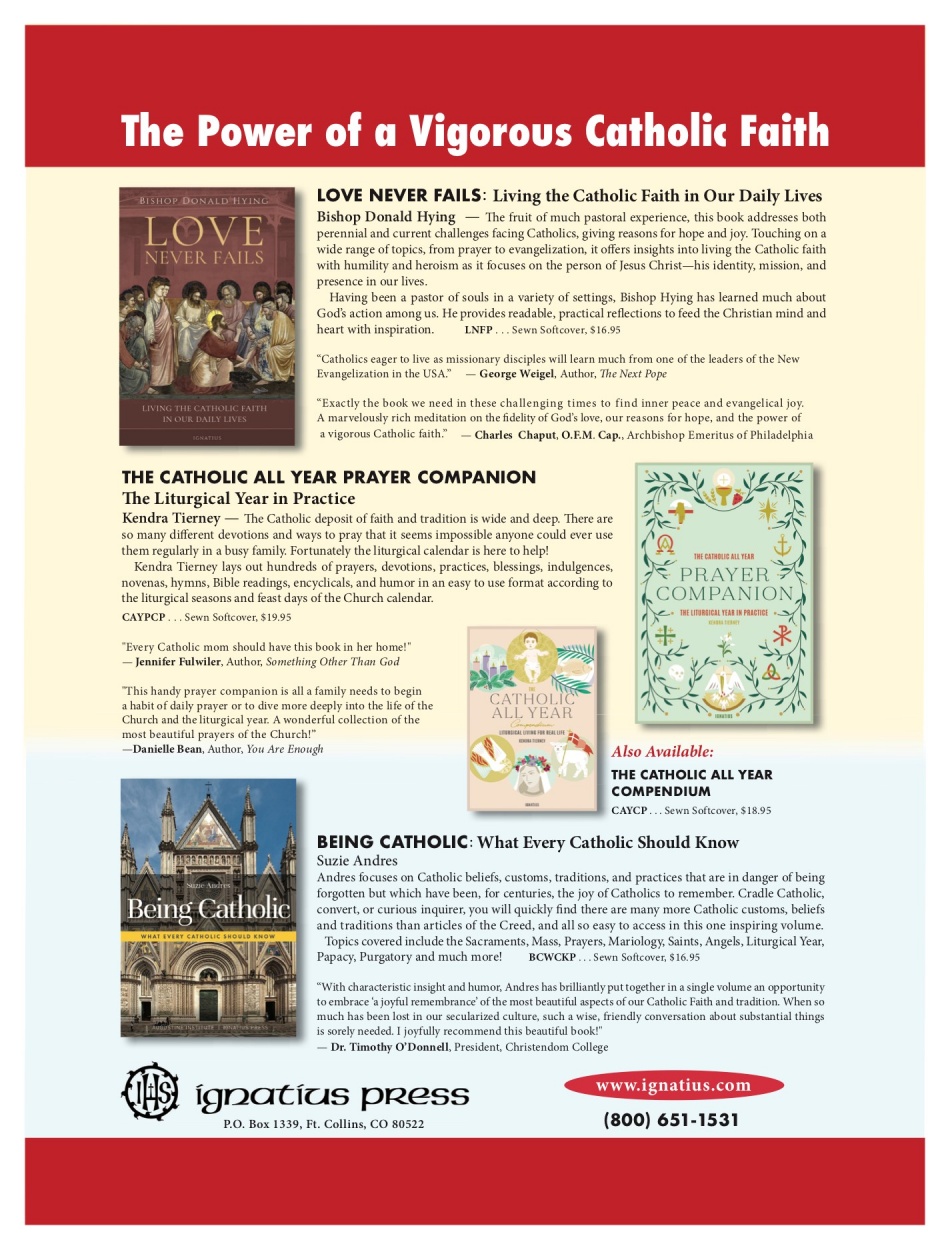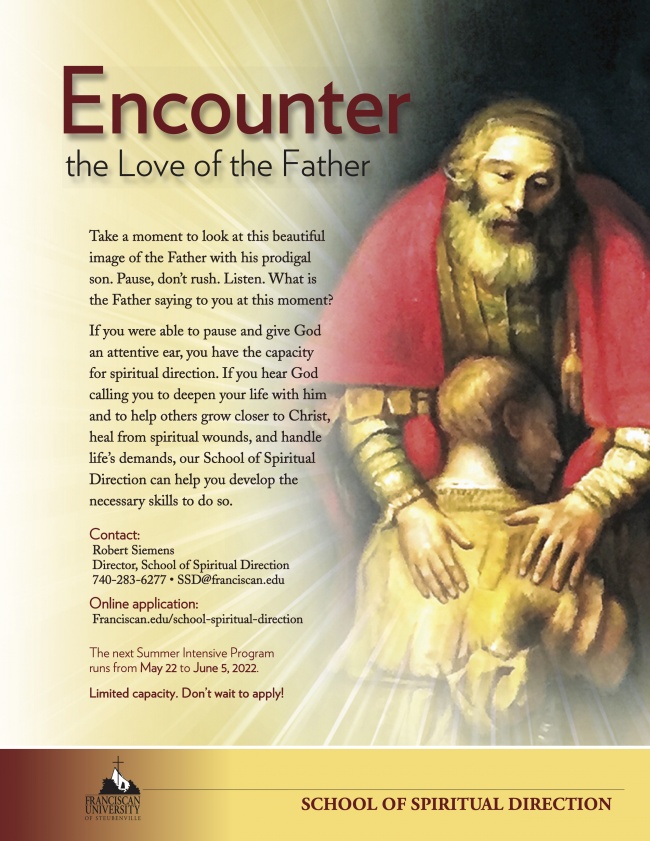Youth & Young Adult Ministry: Teaching Teens to Pray
How to change a flat tire. How to turn off the water to an overflowing toilet.
How to manage money, create a budget, and balance a checkbook.
How to perform the Heimlich maneuver or CPR in an emergency.
Children's Catechesis: Offering to Children the Gift of Prayer
“Prayer is first of all a gift from God; in fact, in every one of the baptized, ‘the Spirit himself intercedes for us with sighs too deep for words’ (Rom 8:26).” [1]
Our habit as Catholics is to begin our prayers with the Sign of the Cross—itself a gift we’ve received from Christ and the Church. By this ancient sign, we ground our prayer in the Holy Trinity, who was revealed to us in the person of Jesus Christ.
Because prayer is a gift, our work as catechists isn’t so much to teach children their prayers as it is to help them discover for themselves the gift of prayer and how they can receive it more fully.
Sofia Cavalletti, catechist and co-founder of Catechesis of the Good Shepherd, cautions that adults ought not “impose our own prayer guidelines on children. We risk leading them on a path that is not theirs. We risk extinguishing the spontaneous expression of their relationship with God and give rise to the idea that when we pray, we say certain fixed things, without necessarily adhering to them within ourselves. We could separate prayer from life in children.”[2]
Ms. Cavalletti identifies a problem I have observed in my interactions with Catholic school children through the years. Having memorized their prayers and attended liturgies without having encountered Jesus Christ as the incarnation of God’s intimate love for them, they often perceive prayer, indeed the entire subject of religion, as boring. In my experience, this contrasts with the openness of the children in our parish religious education programs who come with little or no instruction on prayer. They are more likely to be curious about who Jesus is and how they can know him.
Notes
[1] Pontifical Council for the Promotion of the New Evangelization, Directory for Catechesis (Washington, DC: USCCB, 2020), 86.
[2] Sofia Cavalletti, The Religious Potential of the Child (Oak Park, IL: Archdiocese of Chicago, Liturgy Training Publications, 1992), 120 (emphasis mine).
Mental Prayer and the Rosary Beads: A Method of Prayer for the Laity
 Interior, conversational prayer with God—which the Catholic spiritual tradition customarily terms “mental prayer” to distinguish it from “vocal prayer,” which is recited audibly—is a key spiritual discipline without which there is little prospect for growth in holiness for the bapti
Interior, conversational prayer with God—which the Catholic spiritual tradition customarily terms “mental prayer” to distinguish it from “vocal prayer,” which is recited audibly—is a key spiritual discipline without which there is little prospect for growth in holiness for the bapti
Reaching Out to Jesus in Prayer
What Is Prayer?
When we hear the word prayer, often we think of vocal prayer, using words either handed down to us burnished by the voices of generations or the words that spring up spontaneously from the heart. Prayer takes many forms, however, and all of them are means to seek God and respond to his love, for, “whether we realize it or not, prayer is the encounter of God’s thirst with ours. God thirsts that we may thirst for him.”[1] This encounter may well happen beyond words, with gestures or in silence.
The Power of Faith
The response to God’s thirst that touches Jesus, which he praises[2] and which establishes a contact that seems to move him or even allow him to act,[3] is faith. “To those who turn to him in faith, he grants what they ask.”[4] In contrast, we find that little faith earns a reproach,[5] and lack of it, mysteriously, seems at times to hinder Jesus’ action.[6] Faith is the attitude Jesus awaits: it is what opens the door of our lives to his action and draws it down: “Prayer to Jesus is answered by him already during his ministry, through signs that anticipate the power of his death and Resurrection: Jesus hears the prayer of faith, expressed in words (the leper, Jairus, the Canaanite woman, the good thief) or in silence (the bearers of the paralytic, the woman with a hemorrhage who touches his clothes, the tears and ointment of the sinful woman).”[7] Faith moves Jesus to act.
Notes
Editor's Reflections: The Spiritual Life and Our Missionary Potential
 There have been some very good books written in the past few years centered on helping parishes to become mission-focused.
There have been some very good books written in the past few years centered on helping parishes to become mission-focused.
AD: Books on Living the Catholic Faith
To order these books and films from Ignatius Press click here. Or call 1-800-651-1531. Let them know you saw the ad here. This is a paid advertisement in the July-September 2021 issue.
This is a paid advertisement in the July-September 2021 issue.
AD: Mark Your Calendar! Summer 2022 Steubenville Adult Conferences
To learn more about the Steubenville Adult Conferences, go to https://steubenvilleconferences.com/ Registration will open at the end of January 2022.

AD: School of Spiritual Direction, Accepting Applications for Summer 2022
To inquire or apply, email [email protected] or call 740-283-6277.

The Spiritual Life: Encountering the Joy of the Holy Spirit
 A cascade of trees flowed down the hillside towards the water, a body of water that was bigger than a pond but not quite a lake, on the lands belonging to the Holy Ghost Fathers in southern Connecticut.
A cascade of trees flowed down the hillside towards the water, a body of water that was bigger than a pond but not quite a lake, on the lands belonging to the Holy Ghost Fathers in southern Connecticut.
Practices and Prayers of Catholic Bereavement
 It’s strange to say it, but I love how we Catholics celebrate funerals. Even atheists walk away from our Masses of Christian Burial in awe. If only they (and likewise our own faithful people) could appreciate with greater fullness the rich spiritual heritage that surrounds Christian death!
It’s strange to say it, but I love how we Catholics celebrate funerals. Even atheists walk away from our Masses of Christian Burial in awe. If only they (and likewise our own faithful people) could appreciate with greater fullness the rich spiritual heritage that surrounds Christian death!


